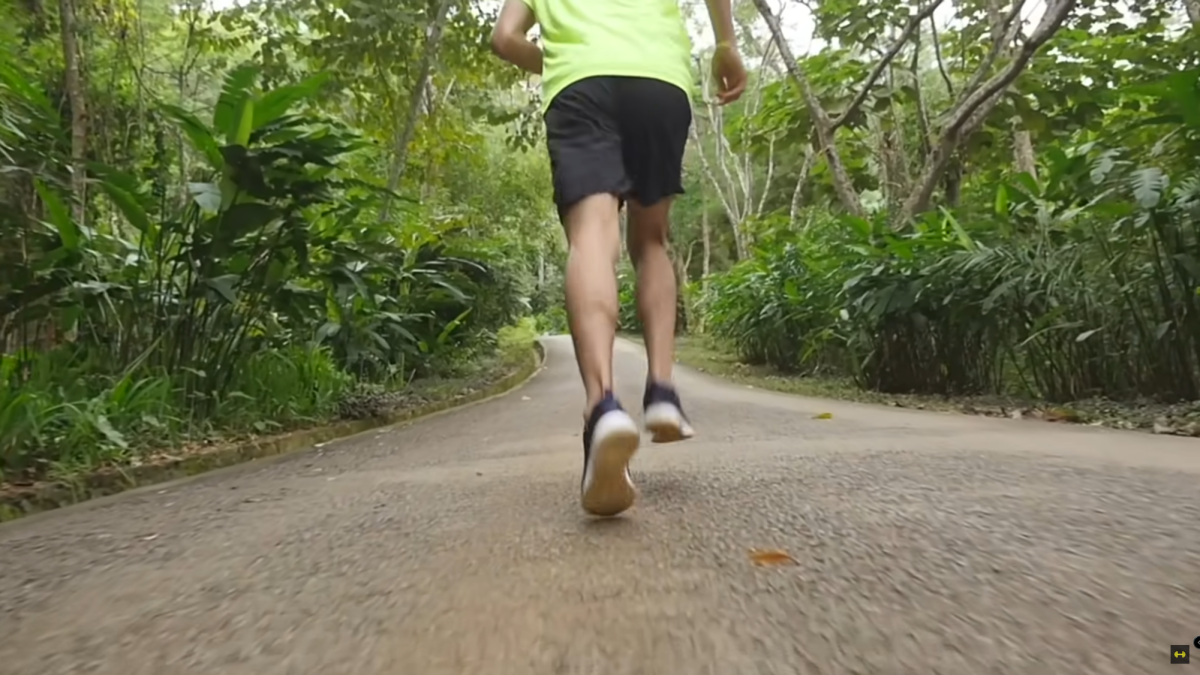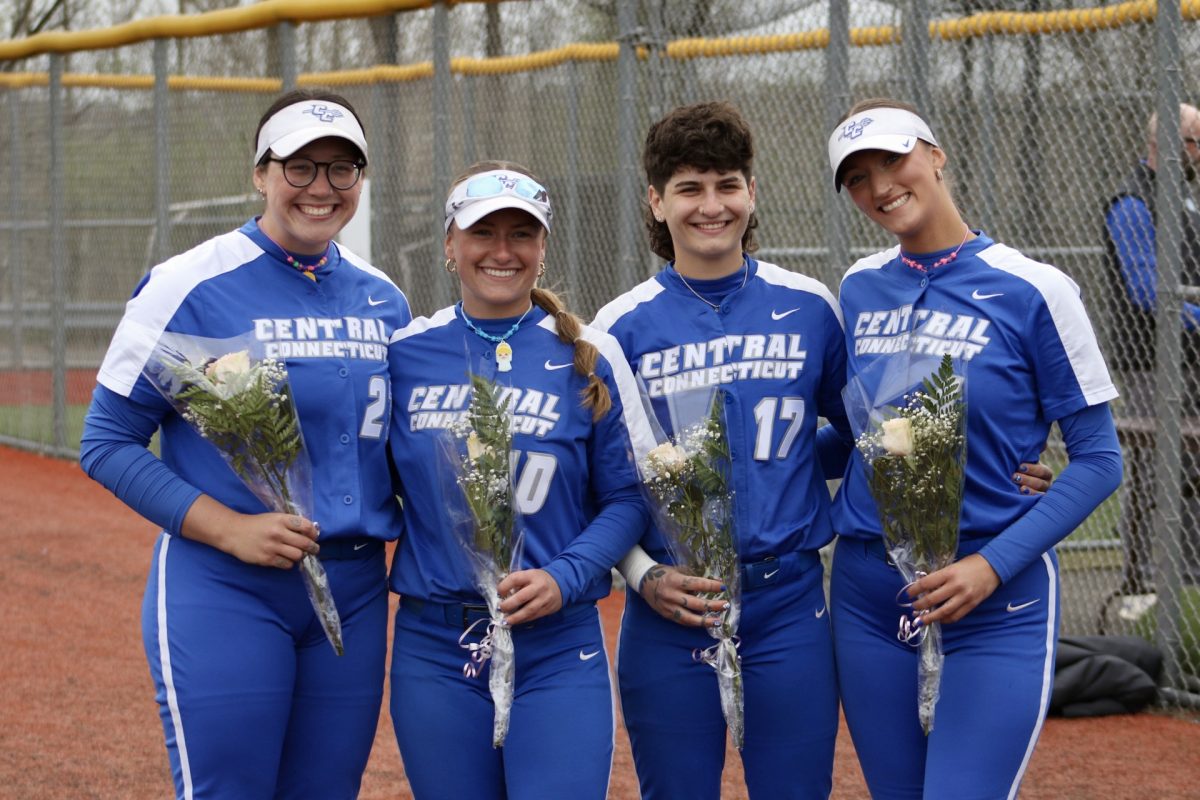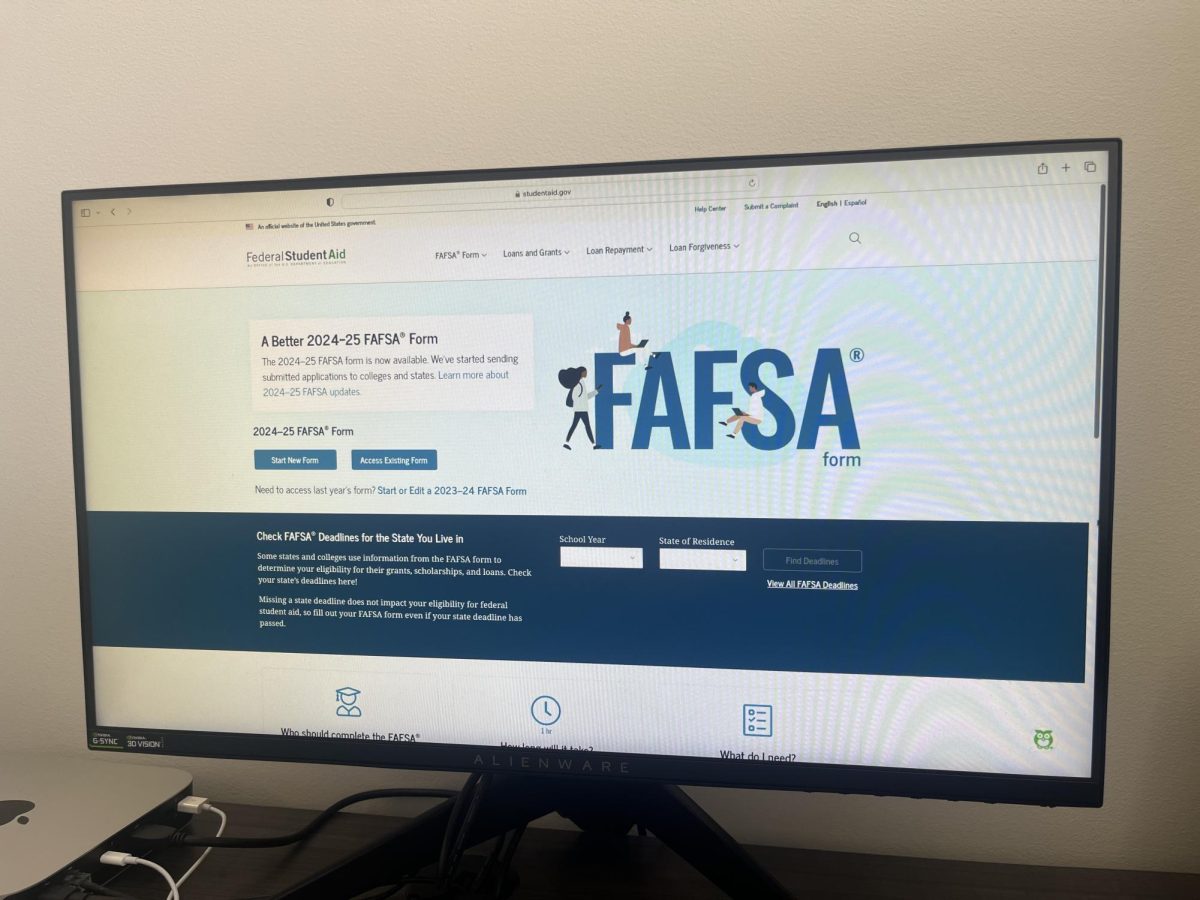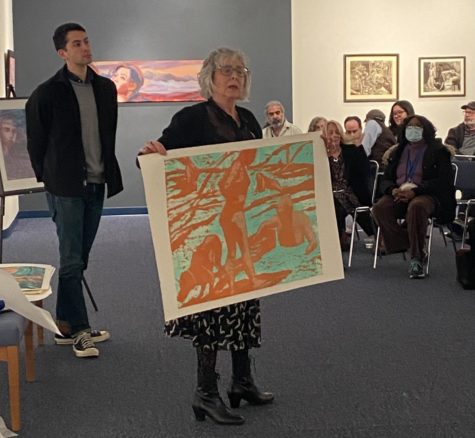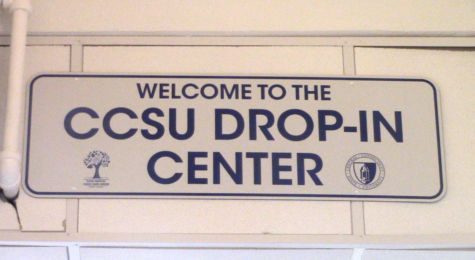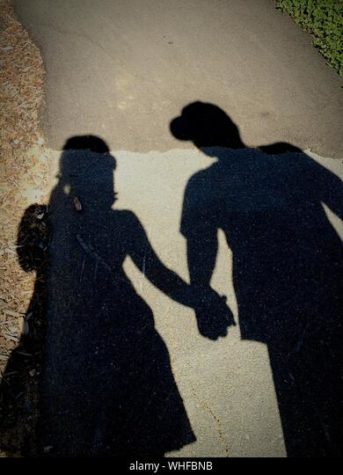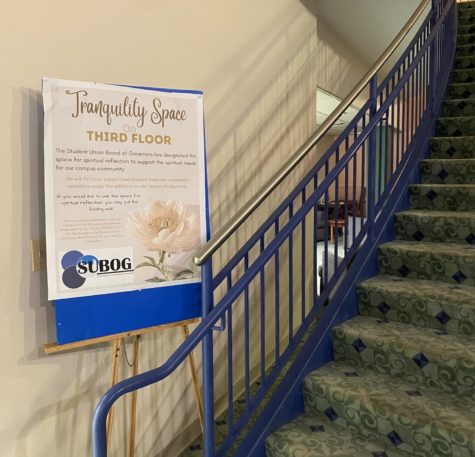CCSU Braces Itself For Mosquito Virus
September 28, 2019
Central Connecticut’s campus is taking precautions against Eastern Equine Encephalitis (EEE) after a number of towns were detected with the mosquito-borne virus.
EEE is a rare but serious mosquito-borne disease that can be deadly, according to CT Mosquito Management. Already, two-state residents have died of the virus. As of Sept. 27, 2019, The Connecticut Agricultural Experiment Station found 105 mosquitoes tested positive for EEE in the state of Connecticut.
From 2009 to 2018, Connecticut has only dealt with a case of EEE once, according to the Center for Disease Control and Prevention. On average, six human cases of EEE are reported in the United States annually and approximately 30 percent of those infected will die.
“State government is being cautious on peoples’ behalf and we are just warning folks to be careful, but there is no need to panic,” Governor Ned Lamont said in a public statement. “We want to make sure that we are doing everything we can to provide updated information on these developments to the people of our state. If you must be outside early in the morning or at dusk, it’s a good idea to take some simple precautions.”
Although there are no definite actions being made statewide, the campus has sent out notices to student, faculty and staff on ways to take preventative measures against the mosquito-borne virus.
Several locations around campus, such as the Student Center, RECentral Office and events, Kaiser Hall, all residence halls, Health Services and East Hall, are offering free mosquito repellent. Along with that, those who are outside between dusk and dawn are advised to wear long-sleeved shirts and long pants.
In order to minimize activity during those hours, several sports practices and games have been reschedule to earlier times in the day and any events being performed in those hours have been postponed.
The CCSU men and women soccer teams rescheduled their games on Saturday Sept. 28 to earlier times in the day as one of the EEE precautions.
Shaun Green, head men’s soccer coach, shared that the university consulted with him two days before their game on how to approach the last minute adjustments
“I thought it was a prudent decision, I think that you never take risks with people’s lives even if there is a small chance. It was a prudent and practical thing to do,” Green stated.
Although the change in game time “didn’t really impact in any preparation,” the team did have reschedule referees and support staff for the game.”
“The big thing was accommodating the other team that was coming from New York and had to leave earlier and schedule the bus at a different time, but scheduling changes and things like take place and are very common.”
Regardless of the changes, Green acknowledges moving the game is what “was for the best.”
As the safety measures for EEE continue to remain active around campus, Central Connecticut continues to remind students, faculty and staff “that until a hard frost occurs, outdoor activity between dusk and dawn when mosquitoes are most active should be minimized.”
For more information on ways to prevent getting bitten by mosquitoes and EEE prevention visit the Connecticut Mosquito Management Program website at portal.ct.gov/mosquito or the CDC website.
CCSU also recommends contacting Associate Dean of Students Ray Hernandez at (860) 832-1619 or email [email protected].





